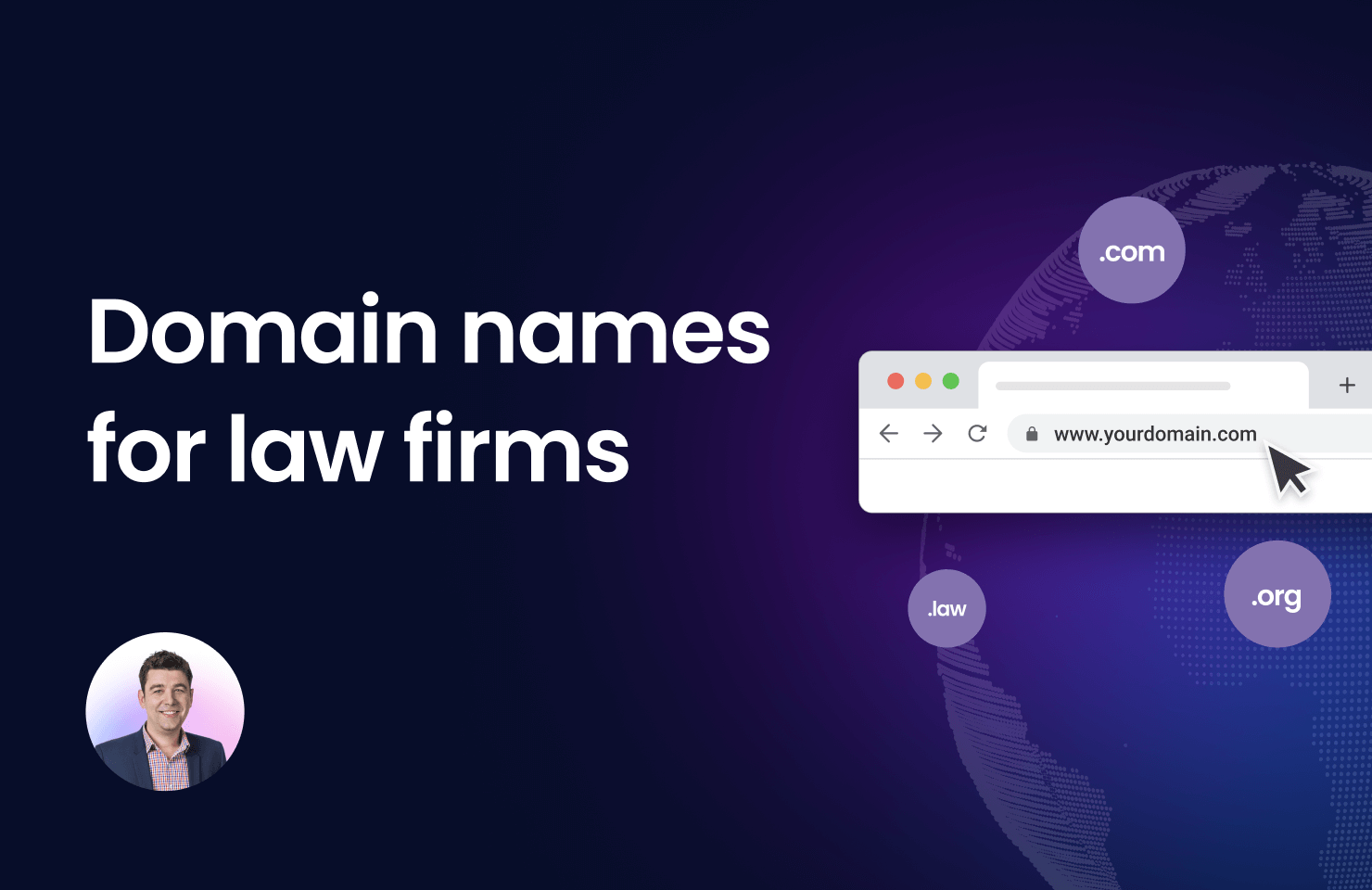Mobile-friendly design
Potential clients should be able to access your law firm’s website from their mobile devices.
Search engine optimisation (SEO) practices
Your law firm’s website should be designed with SEO in mind, so that it ranks high in search engine results pages (SERPs).
Dynamic content
Feeds of related information. For example, on a lawyer’s profile page, it should include a feed of recent articles authored by the lawyer. Pillar & Scroll’s default setting is to configure a relationship of dynamic content in the back end of a website between the people displayed on the site (the lawyers), the expertise of the firm (its services) and published articles (blog posts or insights).
User-friendly navigation
Potential clients should be able to easily navigate your law firm’s website and find the information they are looking for.
Call-to-action buttons
Your law firm’s website should include call-to-action buttons that encourage potential clients to get in touch with your law firm.
Lead capture forms
Your law firm’s website should include lead capture forms that collect potential clients’ contact information.
Subscribe form
The law firm’s website should also include subscription forms that collect potential clients’ contact information. This information can be used to send potential clients updates about the law firm, such as news updates, events, and career opportunities. We recommend Campaign Monitor as an email marketing service provider.
SSL Certificate
Your law firm’s website should have an SSL certificate to ensure that potential clients’ personal and financial information is protected. An SSL certificate is a security protocol that encrypts potential clients’ personal and financial information when they visit your law firm’s website. This helps to protect their information from being stolen or hacked. An SSL certificate is also required for law firms that want to accept payments online.
Accessibility
Your law firm’s website should also be designed with accessibility in mind. This includes designing your law firm’s website for people with disabilities so that they can easily access and use your law firm’s website. Some of the key accessibility features include:
- Alternative text for images: this allows people who are blind or have low vision to be able to understand the content of your law firm’s website.
- Descriptive links: this helps people who are blind or have low vision to be able to navigate your law firm’s website.
- Closed captioning for videos: this allows people who are deaf or hard of hearing to be able to understand the content of your law firm’s website.
- High contrast colours: this helps people who have low vision to be able to see your law firm’s website.
- Compatible with screen readers: this allows people who are blind or have low vision to be able to use a screen reader to access your law firm’s website.
Optional functionality
Below are some features which can be great to have on a website – but aren’t necessarily essential.
Live chat
Potential clients can chat with a law firm representative in real-time to get their questions answered. This feature is beneficial because it allows potential clients to get their questions answered quickly and easily. Additionally, law firms can use live chat to collect potential clients’ contact information.
Online booking system
Potential clients (and existing clients) can book an appointment with a law firm representative through the website. While some firms may opt against this as it’s often difficult to screen the nature of the bookings without having some form of pre-discussion, this can be an efficient way for firms to take new instructions and bring in new clients.
Payment platform
Potential clients can make payments to the law firm through the website. Pillar & Scroll can integrate websites with Stripe, the platform which powers online payment processing, making it easy for law firms to charge fees for certain services, such as training, attending events, or even for routine legal services.
Pop-ups
Usually a small box or window that “pops up” onto the screen, they are overlaid onto the existing web page. Pop-ups are designed to grab the attention of website visitors and often serve a variety of purposes, such as providing information, prompting an action, or collecting user data. Read our article about pop-ups here.

Paul Evans is a legal marketing expert with extensive experience helping lawyers build their practices.




